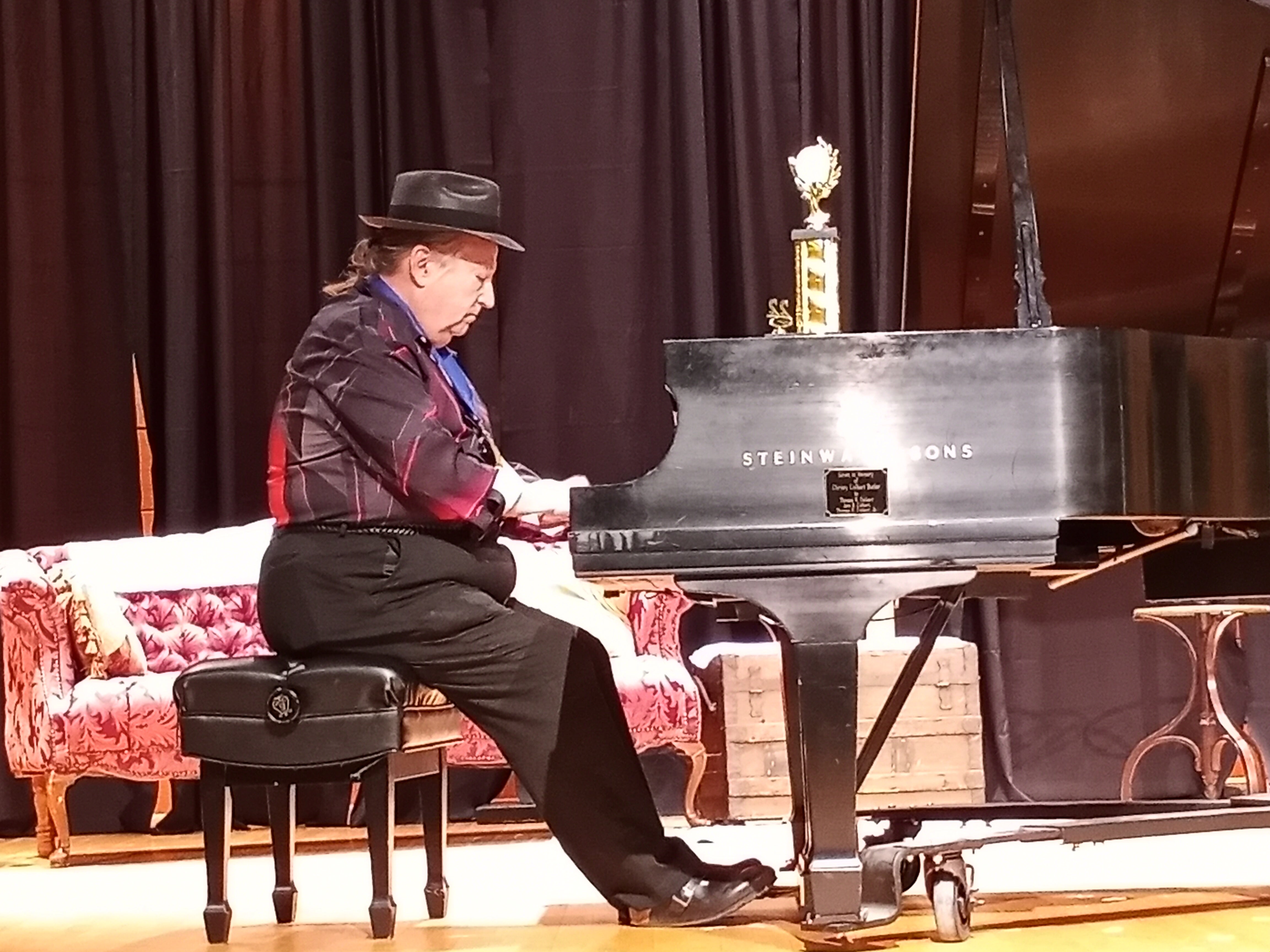New Young Adult Program coordinator brings 20+ years experience
Published 2:08 am Sunday, April 30, 2017
By Lucy Schultz
OTC Public Relations
ETTA — One of the Southeast’s most respected recovery figures has joined Oxford Treatment Center as coordinator of the Young Adult Program.
Reggie Watkins, MLAP, ADC, ICADC, a veteran of substance abuse treatment in the state of Alabama, arrived on the Etta campus in February. He now leads a team of five clinical therapists dedicated to the age 18-25 patient population in residential treatment for drug and alcohol addiction. Watkins also works closely with Oxford Treatment Center’s team of experiential therapists in wilderness, art, challenge-course and equine therapies.
“Reggie has already developed a strong rapport with our staff and patients alike,” said Interim Clinical Director Chip Peterson, M.Ed., LPC, NCC, CADC. “He brings more than 20 years’ experience in working with adolescents, young adults and families, as well as managing treatment programs. We value his practical, no-nonsense, solution-focused approach to solving problems, as well as his fresh, new ideas for helping young people start the recovery process.”
Watkins said he was attracted to Oxford Treatment Center and parent company American Addiction Centers for their commitment to advancing addiction treatment and continuing to seek the most effective approaches.
“I’ve been here a month and seen all kinds of people: Those who want to be here, and those that don’t,” he said. “But what I’ve seen consistently is that this is a place where people get help. There’s a strong treatment team, a multidisciplinary approach, and a commitment to quality — all the way down to the food. You have people here who truly care.”
A native of Alabama, Watkins spent most of his career with Bradford Health Services. He entered the treatment field in 1990 and worked with patients in both inpatient and outpatient treatment settings. His experience has included leading aftercare for families of people in early recovery, as well as developing and marketing treatment programs for adolescents.
Watkins is certified as a Master’s Level Addiction Professional, Alcohol & Drug Counselor and Internationally Certified Alcohol & Drug Counselor. He holds a master’s degree in psychology.
Among the many professionals Watkins has mentored during his career in Alabama is YaShika Ray, MSW, today the Family Development Counselor for the Community Action Agency of Northwest Alabama. For Ray, working alongside Watkins transformed her understanding addiction and the hope of recovery.
“I remember watching him engage adolescents — not in a traditional therapeutic manner, but by getting on their level. And they responded,” she said. “They were eager to come to group sessions and trusted no one but him. It was magical watching him in action.”
Billy Young, CEO of Oxford Treatment Center, said Watkins brings vast knowledge and expertise in treating young people.
“He’s a seasoned professional who understands the dynamics of addiction and the challenges facing young adults,” Young said. “A vital treatment component is to provide the necessary structure and accountability for young adults, while avoiding the power struggles and triangulation so prevalent with this patient population. Reggie provides great leadership and guidance in this area.”
Watkins is a sought-after public speaker both regionally and nationally. He has presented at a broad range of workshops and conferences within the treatment field, the recovery community and drug court associations. His speaking engagements have also included schools, churches and community groups.
In addition to his professional experience, he brings the legitimacy of nearly three decades in personal recovery. A star athlete in his youth, he played basketball at Southwestern Christian College in Terrell, Texas, but fell into addiction during the early years of his career and family life. He went through treatment twice. The second time, he spent nine months in a sober living environment before going home.
“Being there, I started going to meetings every day, and I saw up-close what it looked like to live by the 12-step principles,” he said. “Being in that environment forced me to slow down and take a long look at myself. That’s when I began to really follow directions and build my own recovery.”





